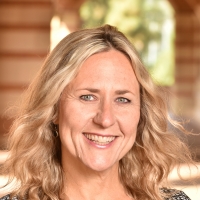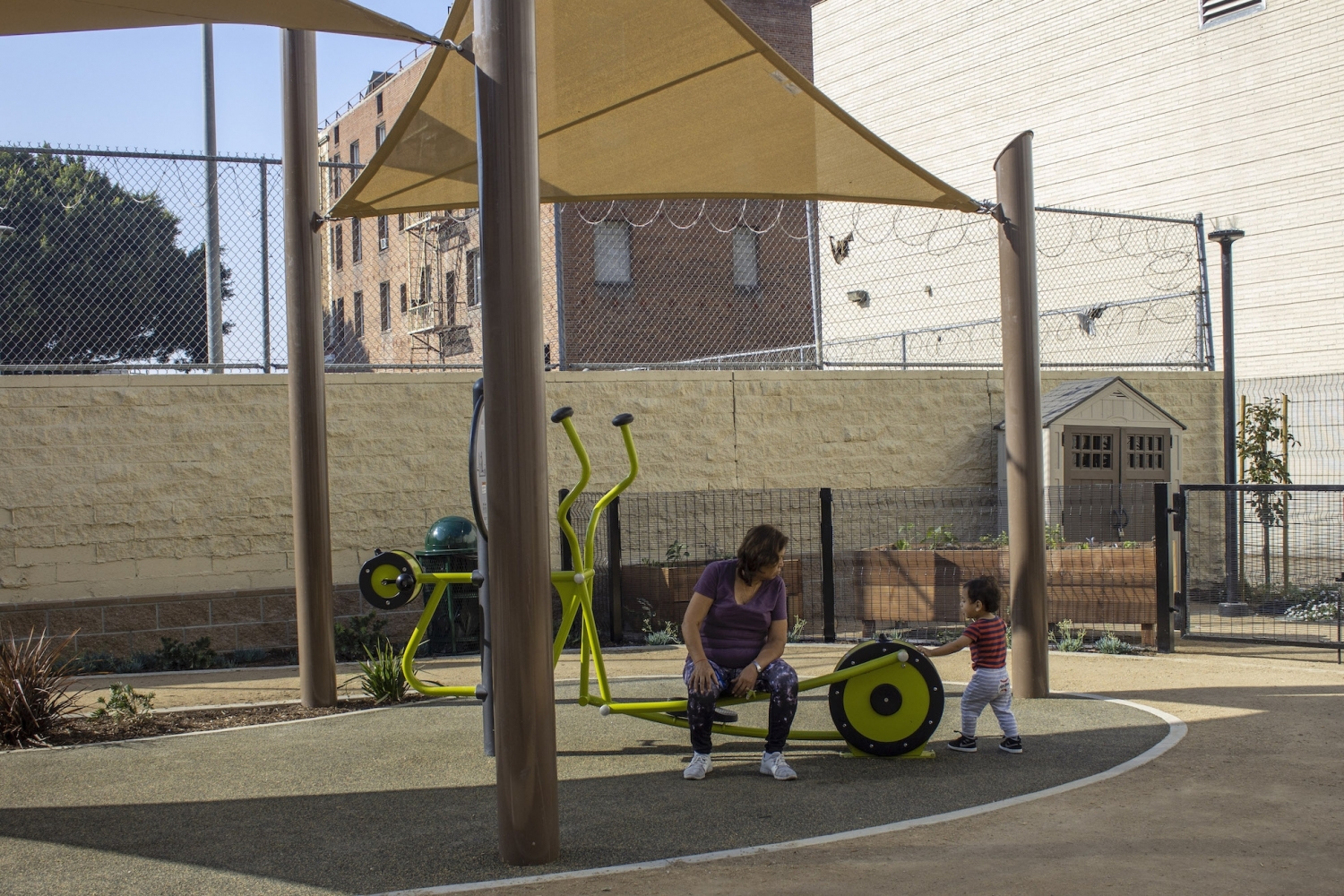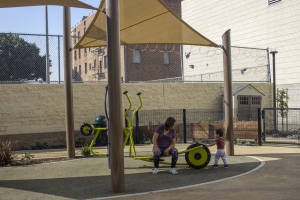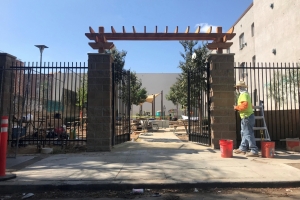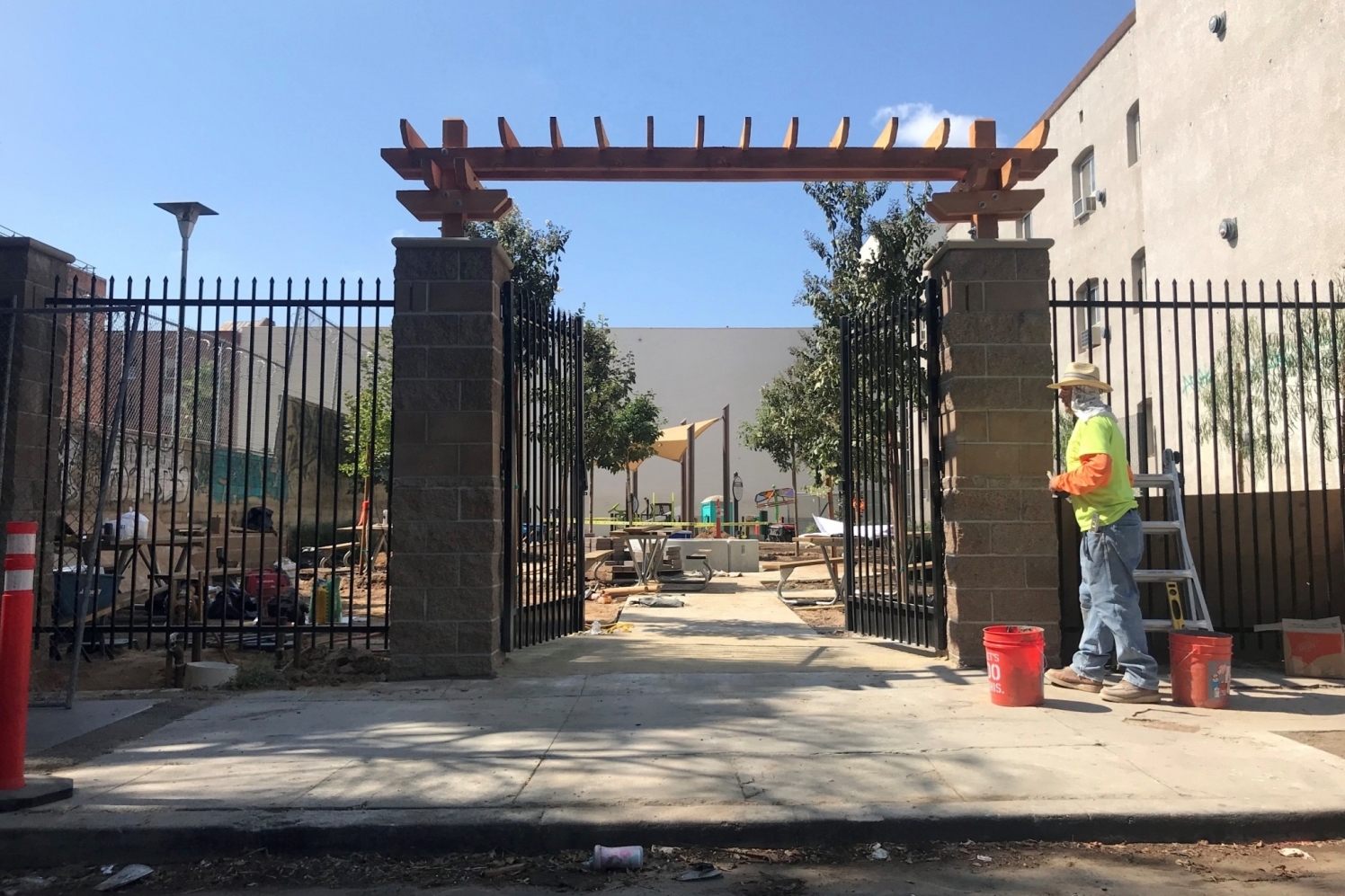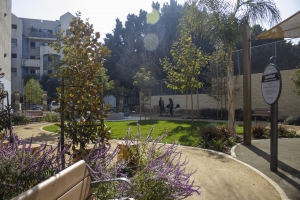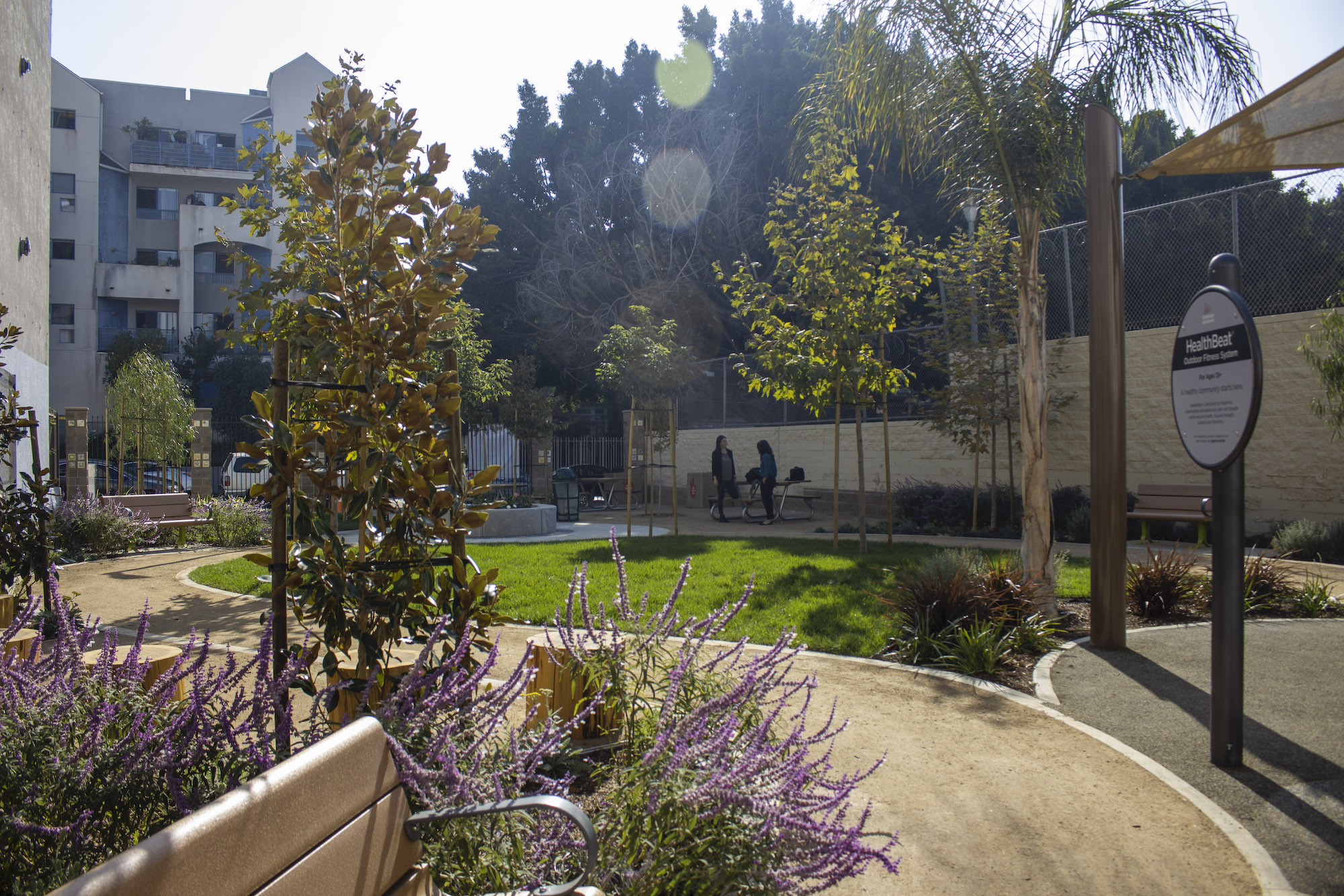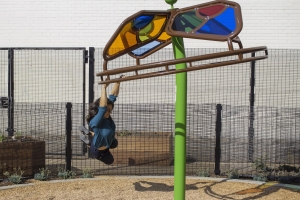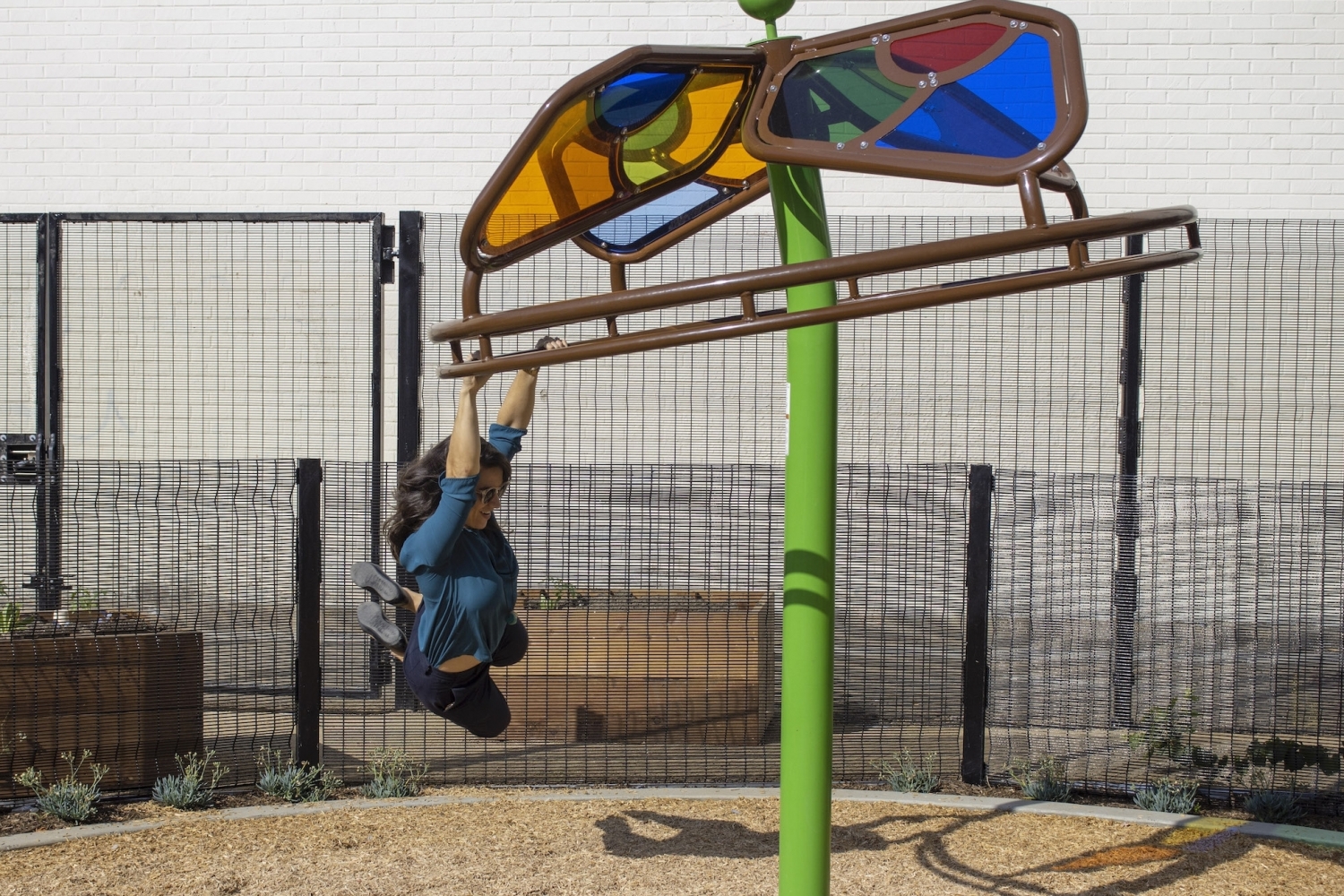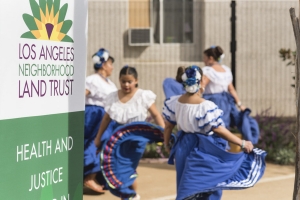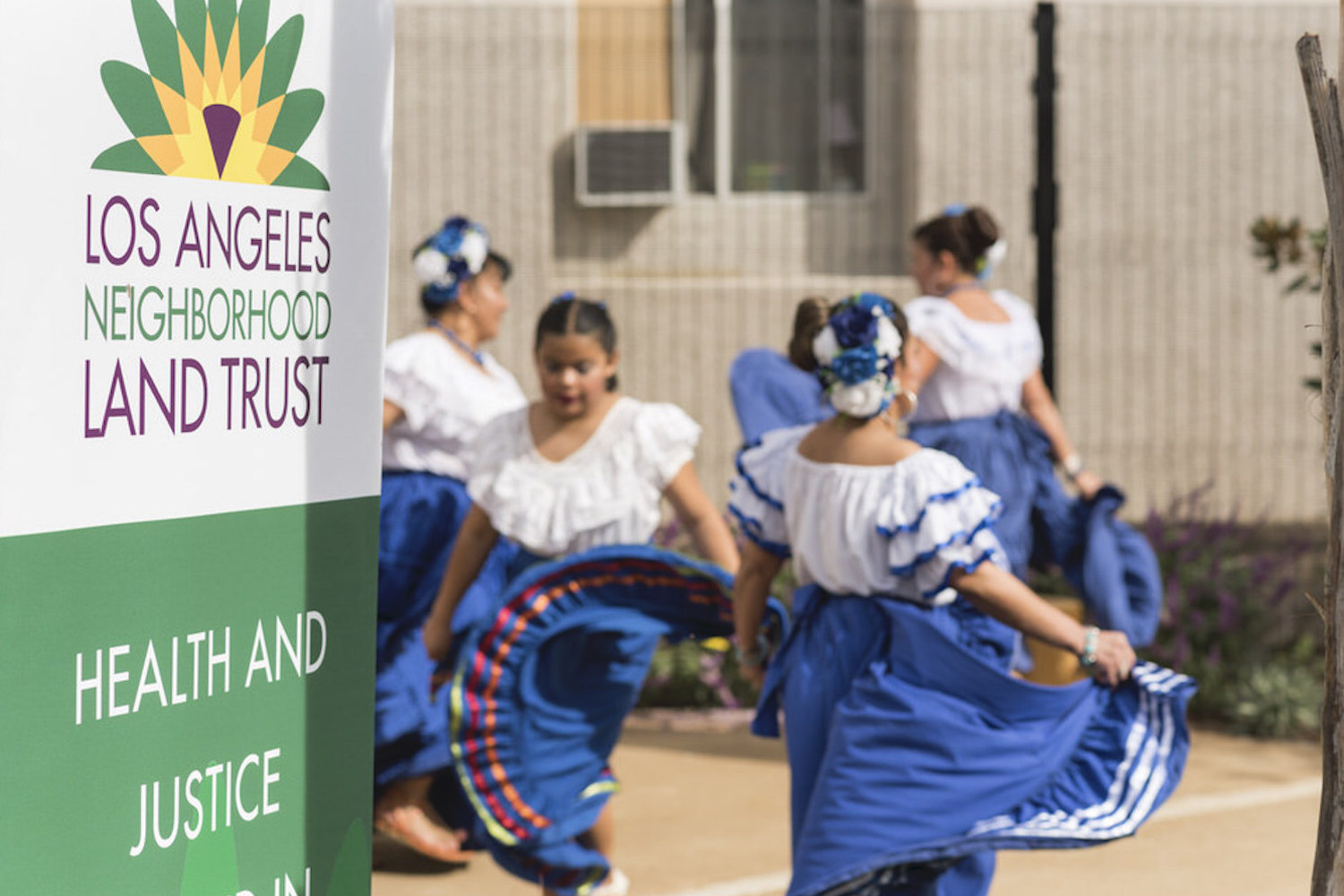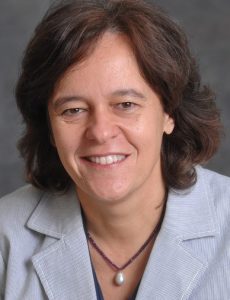Professor Lené Levy-Storms studies how social relationships affect health and health behaviors among older adults in both community and institutional settings. She employs both quantitative and qualitative methodology and uses both primary and secondary data sets for intervention and observational inquiries. Previously, Dr. Levy-Storms has studied social support networks among minority older adults using social network analysis. Her core research concerns communication issues between health care providers and older adults, specifically paid and unpaid caregivers. She is particularly interested in how social support occurs through interpersonal communication during care. In 2003, Dr. Levy-Storms received career development award from the National Institute on Aging titled, “Therapeutic Communication during Nursing Home Care,” which laid the foundation for her ongoing research agenda. In 2010, Dr. Levy-Storms became a Health and Aging Policy Fellow and began to examine policy issues related to paid caregivers in long-term care settings, and she recently published a policy brief.
With her NIA Career Development Award and subsequent funding from the Hartford Foundation, the Archstone Foundation, the American Medical Directors’ Association, and the National Alzheimer’s Association, Dr. Levy-Storms collected video- and audio-recordings of paid and unpaid caregivers interacting with older adults in various long-term care settings, which in collaboration with Susan Kohler created “Get Connected,” a communication training program for providing care to older adults living with dementia. Because of “Get Connected,” she received funding from the UCLA Bedari Kindness Institute in 2021 to train long-term care facilities how to train their staffs with it as well as a UCLA Innovators Fellowship in 2022 to explore bringing it to market. The goal of using the communication strategies in “Get Connected” is to obtain an emotional connection, which can be difficult as the older adults progress to later stages of dementia. She is currently writing a proposal to use emotion recognition software to measure emotional connections during caregiving after training with “Get Connected.”
Dr. Levy-Storms has B.S. degree in biopsychology from UC Davis, a MPH in biostatistics and PhD in public health. From 1998-2000, she was an assistant professor in the Department of Health Promotion and Gerontology and a fellow of the Sealy Center on Aging at the University of Texas Medical Branch in Galveston, TX. In 2000, she joined the UCLA Department of Medicine, Division of Geriatrics as an assistant professor. At that time, she also became an associate director of the UCLA/Borun Center for Gerontological Research, an appointment which she continues to hold. The Borun Center is based at the Jewish Home for the Aging in Reseda, CA and focuses on applied research to improve the quality of life of older adults in long-term care settings. She now holds a joint appointment with Medicine/Geriatrics and Social Welfare. She also co-directs the UCLA Gerontology Interdisciplinary Minor since 2012.
SELECTED BOOKS & PUBLICATIONS
Use of mammography screening among older Samoan women in Los Angeles county. Levy-Storms, Lené, Steven P. Wallace. (2003). Social Science and Medicine, 57(6): 987-1000
Predictors of Different Levels of Non-adherence to Mammography Screening.
Levy-Storms L, Bastani R, Reuben DB. (2004). “Predictors of Different Levels of Non-adherence to Mammography Screening: Implications for Interventions.” Journal of the American Geriatrics Society 52: 768-773
A Comparison of Methods to Assess Nursing Home Residents’ Unmet Needs.
Levy-Storms, Lené, John Schnelle, Sandra F. Simmons. (2002). The Gerontologist, 42, 454-461
Patterns of Family Visiting with Institutionalized Elderly. Yamamoto-Mitani, Noriko, Carol Aneshensel, Lené Levy-Storms (2002). Journal of Gerontology: Social Sciences, 57B, (4), S234-S246
The Transition from Home to Nursing Home: Mortality among People with Dementia. Aneshensel, Carol, Leonard Pearlin, Lené Levy-Storms, Roberleigh Schuler. (2000). Journal of Gerontology: Social Sciences, 55B, (3), S152-S162
Family Caregiver Involvement and Satisfaction with Institutional Care during the First Year after Admission Levy-Storms L, Miller D. (2005). Journal of Applied Gerontology, 24(2), 160-174.
Simmons, S.F., Levy-Storms L . (2006). “The Effect of Staff Care Practices on Nursing Home Residents’ Preferences: Implications for Individualizing Care.” Journal of Nutrition, Health, and Aging, 10(3), 216-221.
Levy-Storms, L., Lubben, J.E. (2006). “Network Composition and Health Behaviors among Older Samoan Women,” Journal of Aging and Health, 18(6), 814-836.
Levy-Storms, L., Schnelle, J.F., Simmons, S.F. (2007). “What Do Families Notice Following an Incontinence and Mobility Care Intervention in Nursing Homes? The Gerontologist, 47(1):14-20.
Carpiac-Claver, M., Levy-Storms, L. (2007). “In a Manner of Speaking: A Qualitative Analysis of Verbal Communication between Nursing Aides and Nursing Home Residents.” Health Communication, 22(1):59-67.
Levy-Storms, L. (2008). “Therapeutic Communication Training in Long-term Care Institutions: Recommendations for Future Research.” Patient Education and Counseling, 73: 8-21.
Levy-Storms, L., Claver, M., Matthias, R., Gutierrez, V., Curry, L. (2011). “Individualized Care in Practice: Communication Strategies between Nursing Aides and Residents in Nursing Homes.” Journal of Applied Communication Research, 39: 271-289.
Levy-Storms, L., Harris, L. M., & Chen, X. (2016). “A Video-Based Intervention on and Evaluation of Nursing Aides’ Therapeutic Communication and Residents’ Agitation During Mealtime in a Dementia Care Unit.” Journal of Nutrition in Gerontology and Geriatrics, 35(4), 267-281.
Levy-Storms, L., Cherry, D.L., Lee, L., Wolf, S.M. (2017) “Reducing Safety Risk among Diverse Caregivers with the Alzheimer’s Home Safety Program,” Aging and Mental Health, 21(9):902-909.
Levy-Storms, L., & Chen, L. (2020). Communicating Emotional Support: Family Caregivers’ Visits with Residents Living with Dementia in Nursing Homes. Journal of Women & Aging, 32(4), 389-401.
Levy-Storms L. and Mueller-Williams A. (2022). Certified Nursing Aides’ Training Hours and COVID Case and Mortality Rates Across States in the U.S.: Implications for Infection Prevention and Control and Relationships with Nursing Home Residents. Front. Public Health,10:798779. doi:10.3389/fpubh.2022.798779
